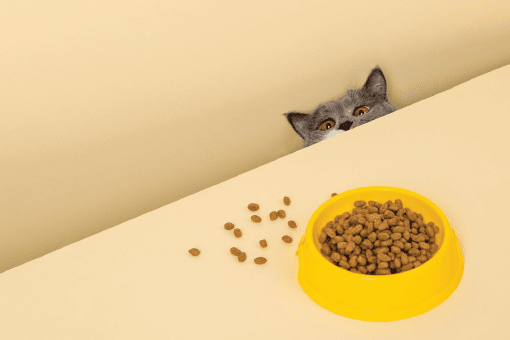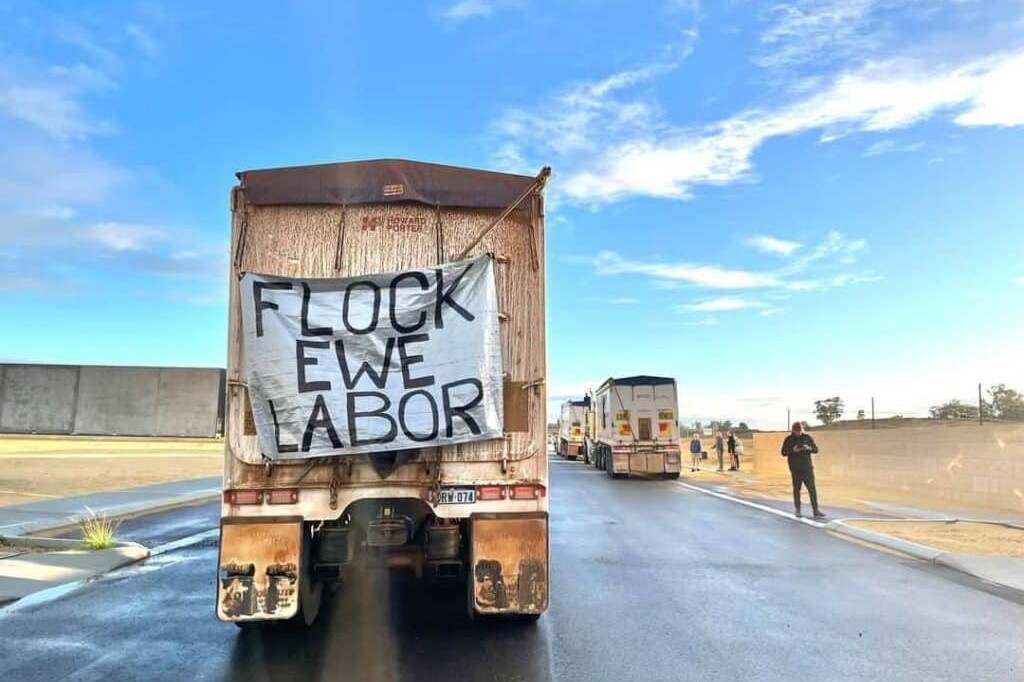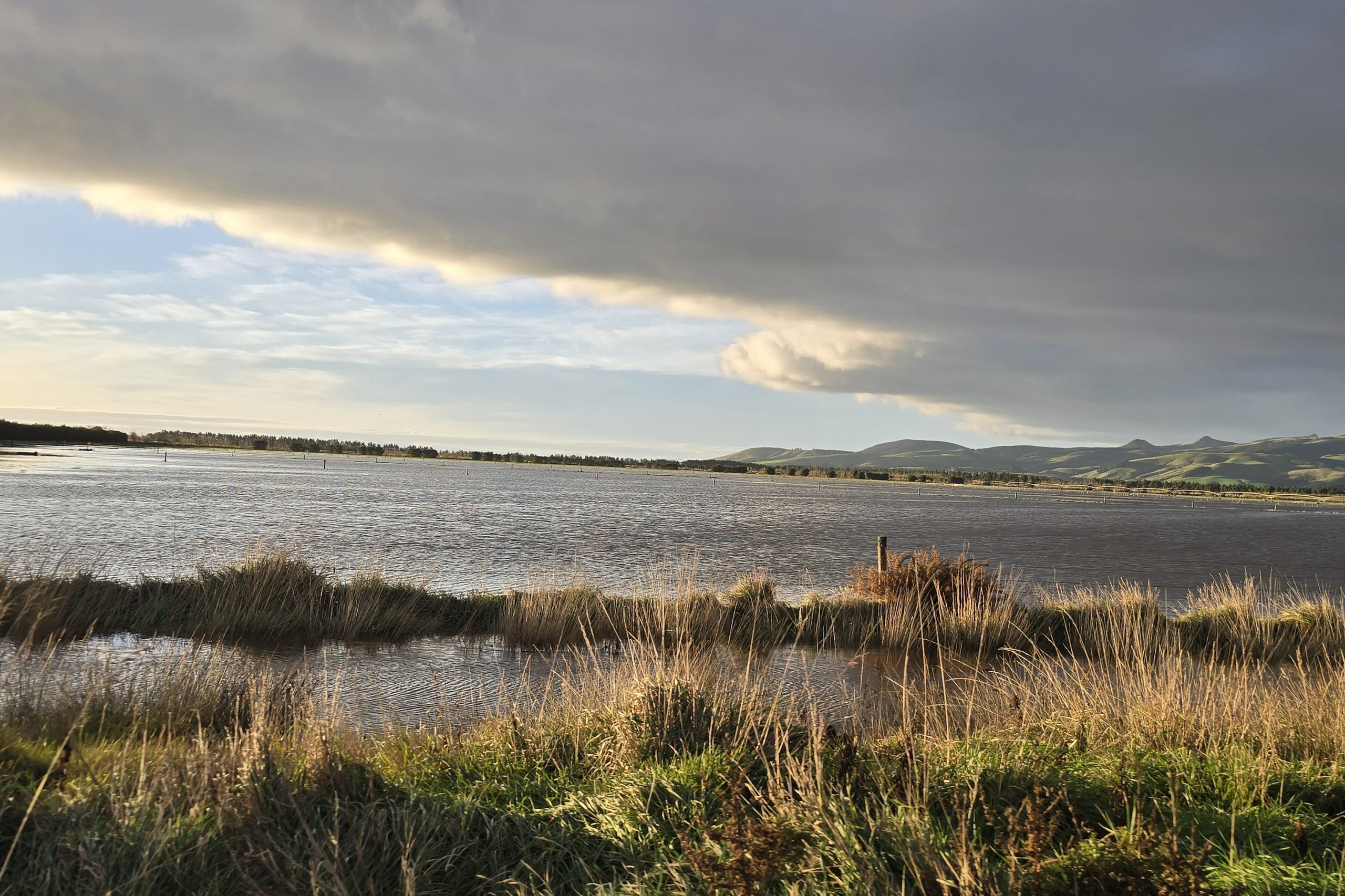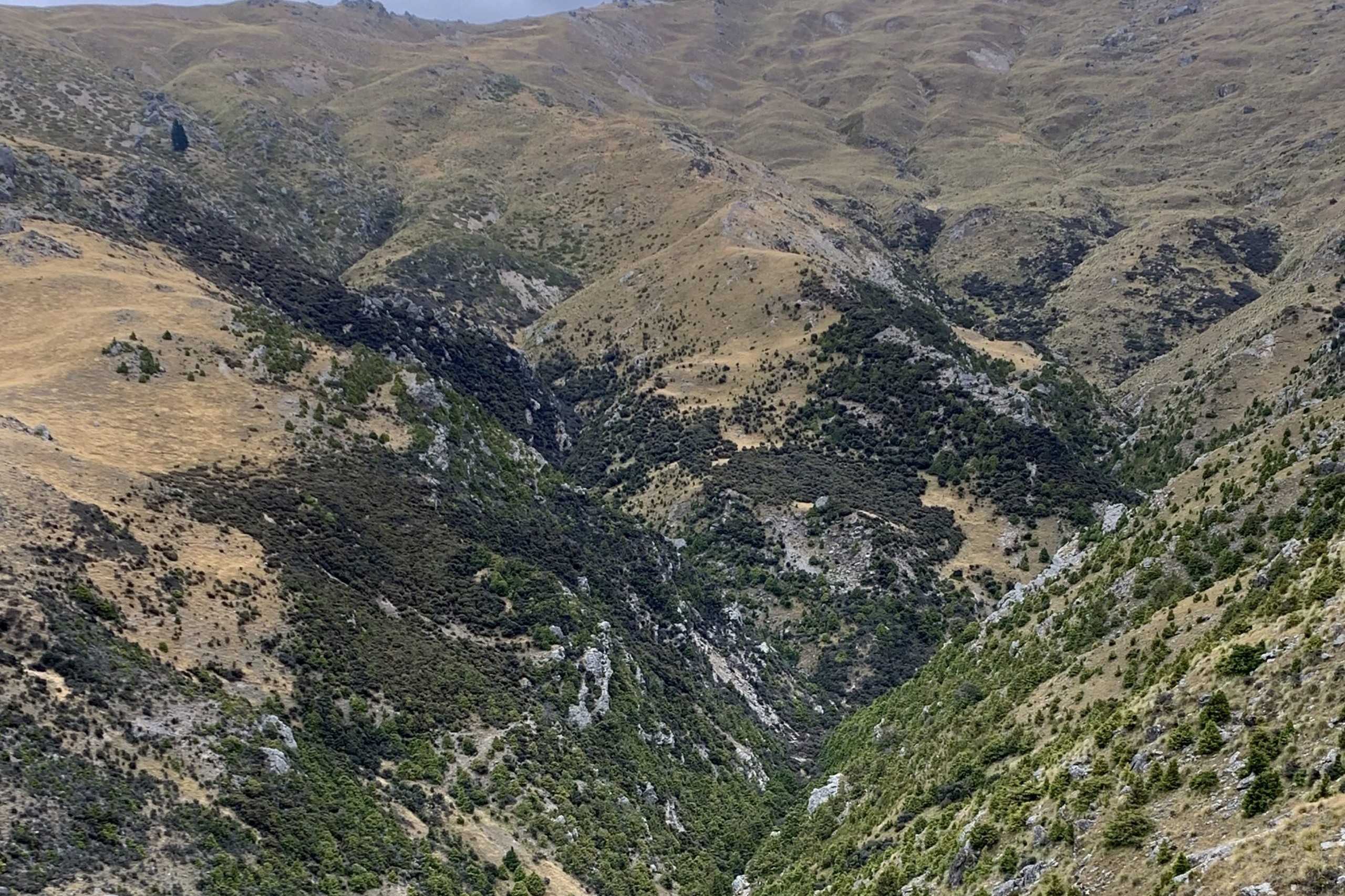Winter’s inglorious weather
Winter’s wet weather has meant a lot of mud for Suzie Corboy. She’s not a fan.

Winter’s wet weather has meant a lot of mud for Suzie Corboy. She’s not a fan.
WHEN TERRY RANG ASKING ME to write this, I was rushing around moving five mobs of cattle on swedes, about 430 cattle total, before trying to get home for a sleep before night shift at Balclutha St John.
Paul was away at a Beef + Lamb NZ council meeting and as usual all was going wrong. There was a short in the mains electric fence, and I was starting to have to make choices, find the fault or leave the cattle with a lower voltage and hope they stayed in, and what was the higher priority, lunch or sleep?
Thankfully the fault was in a direction where there were no animals and I just turned the switch off in that block. Lunch versus sleep was not so easy, I didn’t really have enough time for either, so had a snack and was just falling asleep when the alarm went off. Thankfully it was a quiet night for ambulance work and I got some sleep at work.
Farm work just now mainly consists of break fencing. We have three mobs of sheep on swedes, five mobs of cattle on swedes and hoggets on grass. This past week has been wet and unfortunately this has meant lots of mud.
I don’t agree with the saying “where there is mud there is money”.
We try to do some farm maintenance in the winter, but with the short daylight hours and not starting work early enough we often fix the problems that every day seems to deliver, such as last week’s wind that blew trees down on to the electric fence in an area of the farm that we are wintering cattle, so had to be fixed.
We will have scanned our ewes by the time you read this, after a dry summer, with the ewes not being fed as well as we would like, we wait with trepidation.
These are interesting times in the Owaka Valley with the farm next door sold to be planted in trees, and the land across the road from us, previously part of a dairy farm, being converted back to sheep. There have been lots of temporary fences put up there as they only took possession at the beginning of winter so there are lots of two-wire dairy fences that aren’t very good at holding sheep.
We found a young wild kitten in our workshop, rather dehydrated and lost, so I saved his life and have tamed him. This has had a few challenges. I lost him a couple of times in the first two weeks and had to lie on the lawn at dusk having to try to tempt him out of the hedge with food on one of these occasions.
He also seems to have a sensitive stomach so is prone to diarrhoea if he eats the older cat’s food. This was easy to avoid when he was young and couldn’t jump very high but more difficult now. Sammie is now a loved member of our family, but I could have given him away very easily in those first weeks when I was cleaning up shit in the laundry every morning.
Despite there always being something to do when farming, I made time in June to have a seven-day holiday visiting family in Wellington. It was a fantastic week catching up, none of us are getting younger and I need to prioritise seeing my parents over farming.
My ambulance work often reminds me that we never know which day will be our last. We went to the zoo, Te Papa, up the cable car and to the movies, a rare occurrence for me. Top Gun Maverick is so much better on the big screen. My brother and I did a high ropes course, great sibling bonding. I came home vowing to make more effort to visit family, especially after them both saying how much it meant to them that I made the time to stay.




